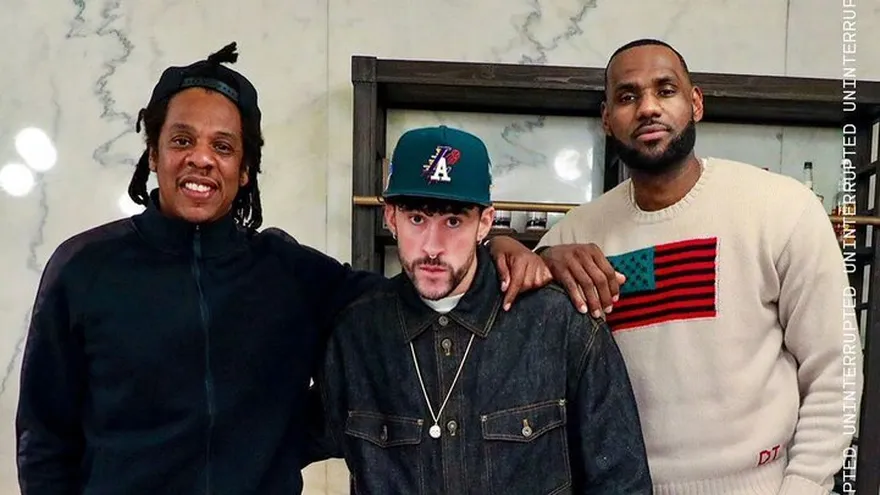Article text: Swiss watchmaker Swatch is facing a significant backlash from Chinese consumers after an advertisement featuring a model pulling the corners of his eyes went viral on social media, sparking accusations of racist imagery. The pose in the advertisement was associated with the derogatory "slanted eye" gesture historically used to mock people of Asian descent.
In response to the uproar, Swatch released a statement acknowledging the concerns regarding the portrayal of the model. "We sincerely apologize for any distress or misunderstanding this may have caused," the company stated, emphasizing that it has taken this matter seriously and has removed the material from circulation worldwide. Despite the company's swift action, the apology has not quelled the outrage among critics.
Many have taken to platforms like Weibo to express their dissatisfaction with Swatch’s initial decision to air the ad, with one user commenting, "You can apologize, but I will not forgive." Another user echoed sentiments of betrayal, expressing that the brand, which profits significantly from Chinese consumers, should not engage in discriminatory practices.
Swatch's financial stakes in China are considerable, with approximately 27% of its revenue coming from Chinese-speaking markets, including Hong Kong and Macau. However, the brand has been experiencing a decline in sales within China, attributed to the current economic downturn. This incident adds to a growing list of international brands that have been targeted for perceived cultural insensitivity or disrespect towards Chinese customs and values.
In recent years, Chinese consumers have shown a propensity to organize boycotts against companies that they feel insult their culture or threaten their national interests. For example, in 2021, major global brands such as H&M, Nike, and Adidas faced similar backlash following comments regarding human rights issues in Xinjiang province. Furthermore, previous boycotts against brands like Uniqlo and Dolce & Gabbana illustrate a pattern where cultural missteps can lead to swift consumer action against offending companies.
As Swatch attempts to navigate this controversy, its commitment to understanding and respecting cultural sensitivities will likely be crucial in retaining the loyalty of its consumer base in China.
In response to the uproar, Swatch released a statement acknowledging the concerns regarding the portrayal of the model. "We sincerely apologize for any distress or misunderstanding this may have caused," the company stated, emphasizing that it has taken this matter seriously and has removed the material from circulation worldwide. Despite the company's swift action, the apology has not quelled the outrage among critics.
Many have taken to platforms like Weibo to express their dissatisfaction with Swatch’s initial decision to air the ad, with one user commenting, "You can apologize, but I will not forgive." Another user echoed sentiments of betrayal, expressing that the brand, which profits significantly from Chinese consumers, should not engage in discriminatory practices.
Swatch's financial stakes in China are considerable, with approximately 27% of its revenue coming from Chinese-speaking markets, including Hong Kong and Macau. However, the brand has been experiencing a decline in sales within China, attributed to the current economic downturn. This incident adds to a growing list of international brands that have been targeted for perceived cultural insensitivity or disrespect towards Chinese customs and values.
In recent years, Chinese consumers have shown a propensity to organize boycotts against companies that they feel insult their culture or threaten their national interests. For example, in 2021, major global brands such as H&M, Nike, and Adidas faced similar backlash following comments regarding human rights issues in Xinjiang province. Furthermore, previous boycotts against brands like Uniqlo and Dolce & Gabbana illustrate a pattern where cultural missteps can lead to swift consumer action against offending companies.
As Swatch attempts to navigate this controversy, its commitment to understanding and respecting cultural sensitivities will likely be crucial in retaining the loyalty of its consumer base in China.





















